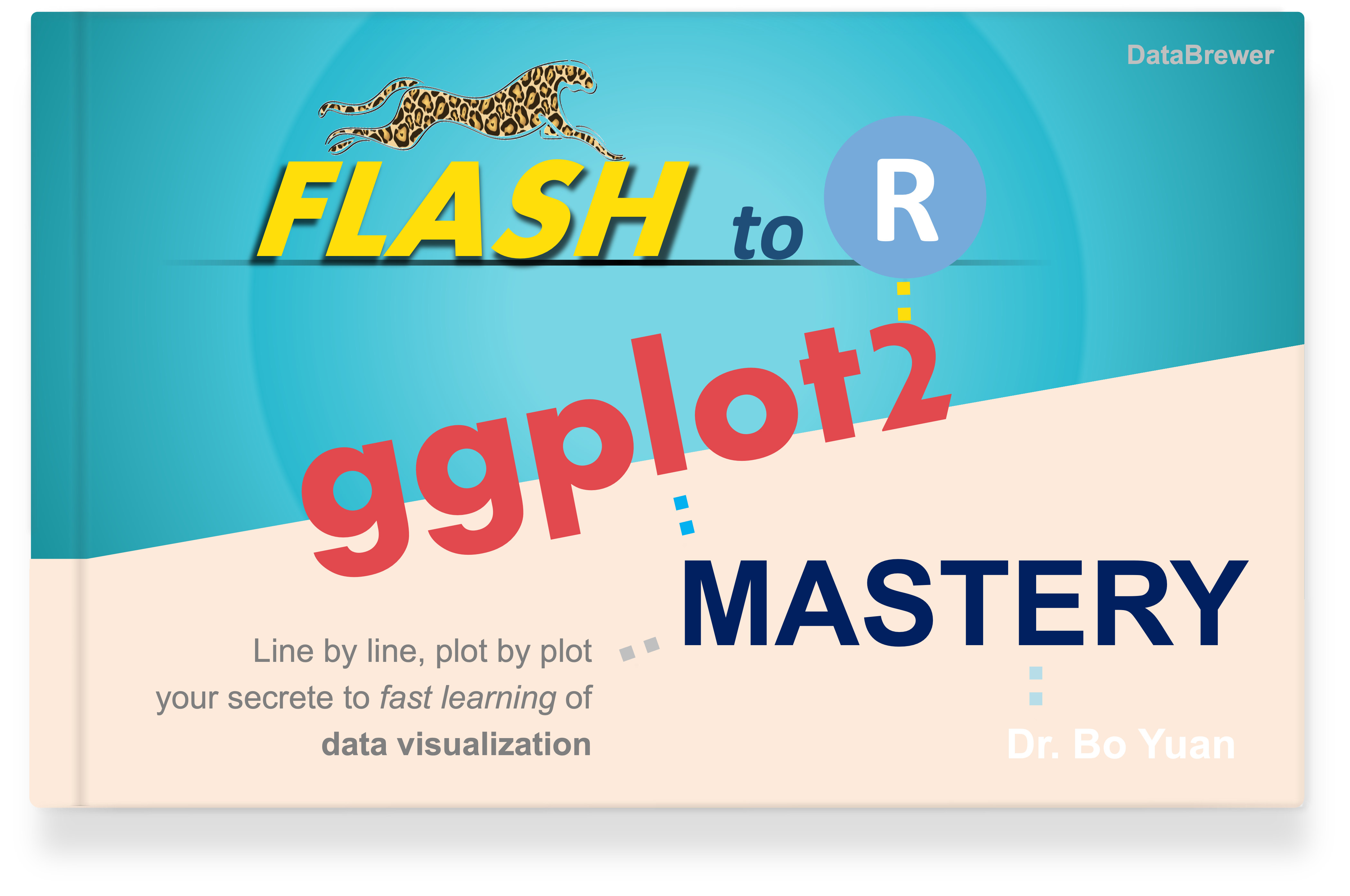# The easiest way to get purrr is to install the whole tidyverse:install.packages("tidyverse")
# Alternatively, install just purrr:install.packages("purrr")Welcome to Purrr Package!
The purrr package provides a complete and consistent set of tools for functional programming, and allows you to perform complex data wrangling tasks and computations with high efficiency.
Installation
Content of Tutorial
Functional iteration across elements of one or more vectors or lists
The best place to start is the family of map() functions which allow you to replace many for loops with code that is both more succinct and easier to read.
map()applies a function to each element of a vector or list, and returns a list. Its variant functionsmap_lgl(),map_int(), andmap_chr()returns a vector of the indicated type.map2()applies a function to each paired elements of two inputs (vector or list). Its variant functionsmap2_lgl(),map2_int(), andmap2_chr()returns a vector of the indicated type.pmap()applies a function to elements of multiple inputs in parallel. Its variant functionspmap_lgl(),pmap_int(), andpmap_chr()returns a vector of the indicated type.
Getting or setting a single element.
pluck()is a generalized form of[[ ]]that extracts elements from nested data structure.pluck_depth()calculates the level of nesting.pluck_exists()checks if the specified element is present or not.chuck()is likepluck()but returns an error for non-existing elements to be extracted.



